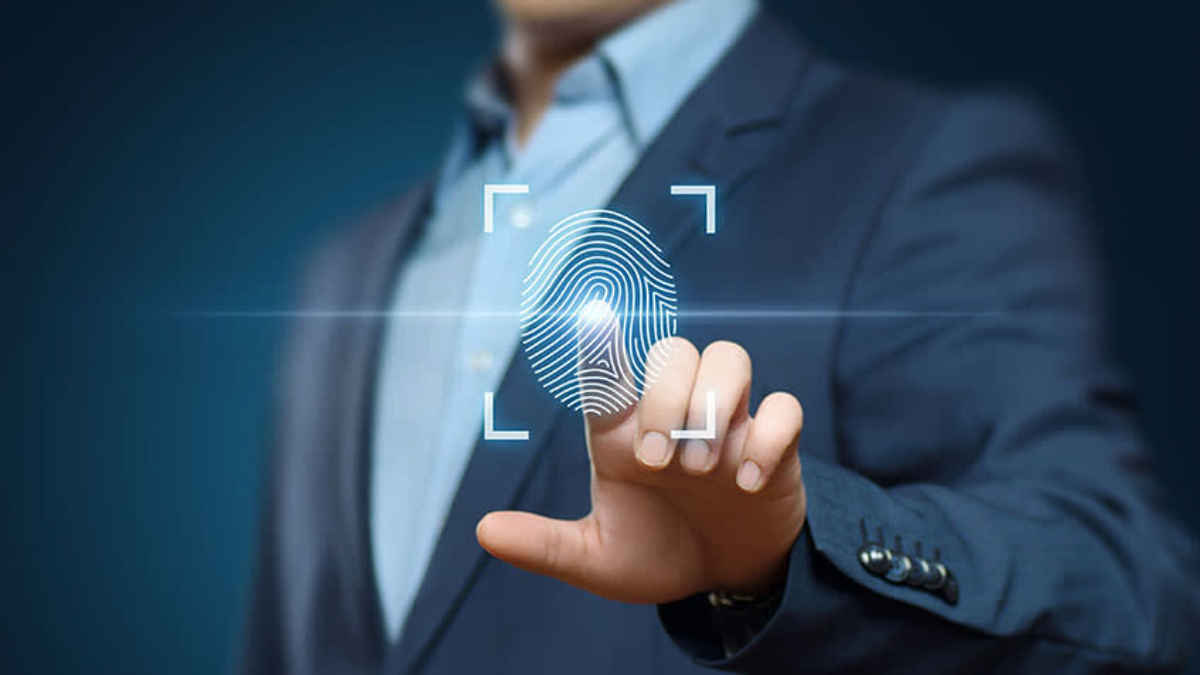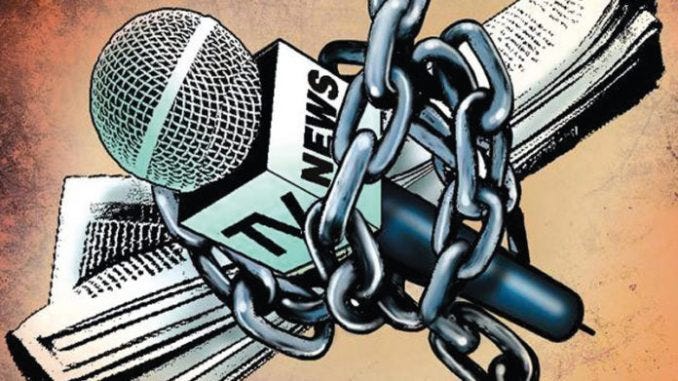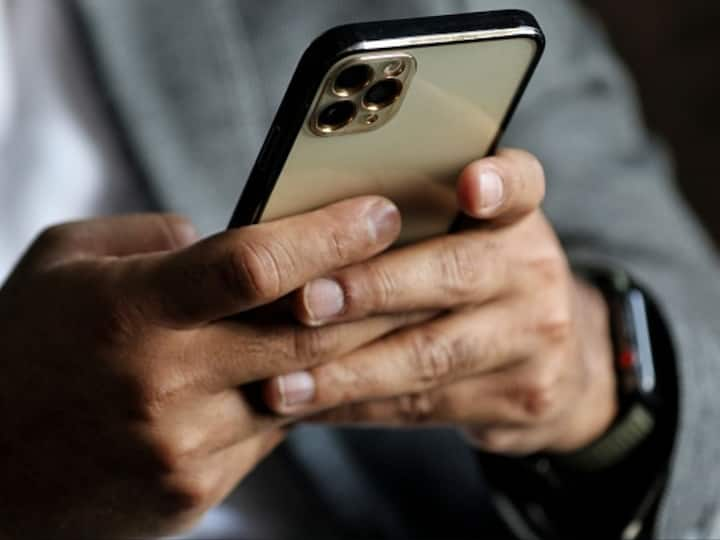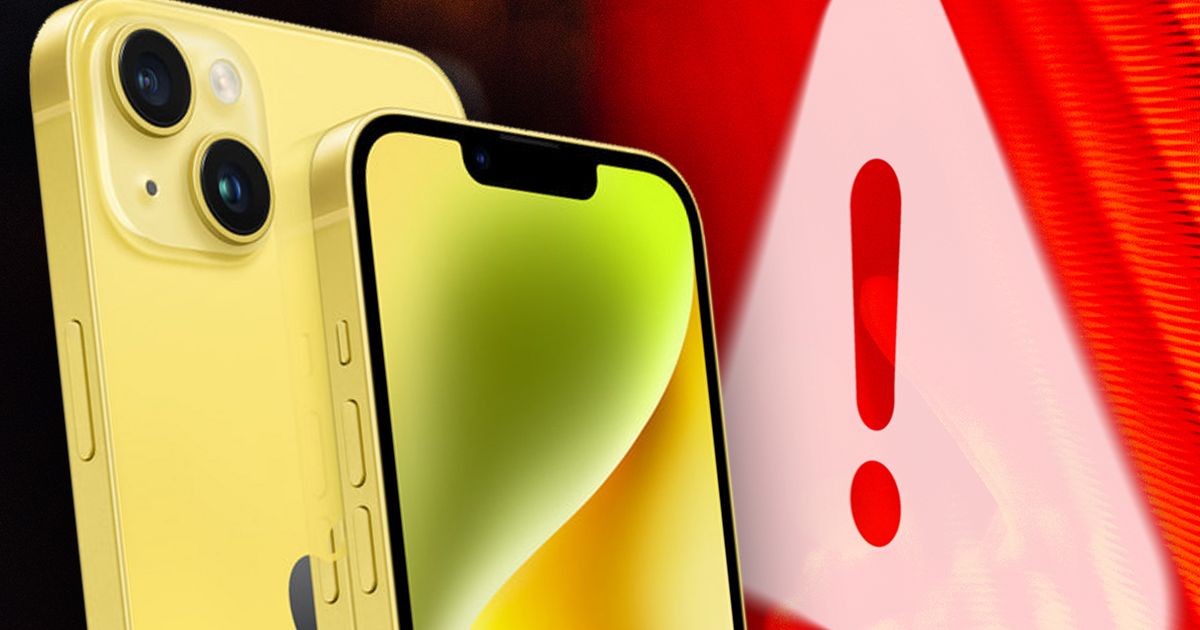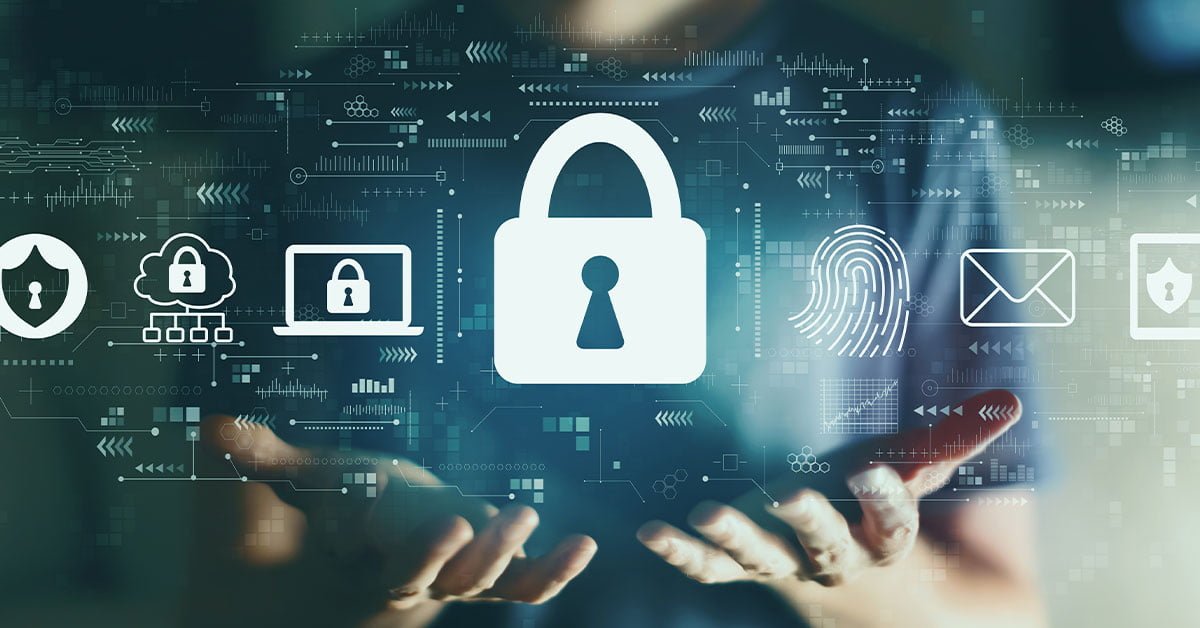We are witnessing a time when press freedom continually comes under attack with digital devices becoming vulnerable to getting hacked. For this very reason, digital safety is very important for users, especially media professionals.
We must collectively acknowledge that the need for digital safety is a grave issue of our times.
But considering the degree of uncertainty surrounding the use of digital and mobile technological advances by journalists or any media person, protecting users’ identities and privacy seems very critical. Especially in light of the Apple attack alerts raising questions about the digital world, where regular citizens and journalists use online platforms, social networks, and mobile devices for interactions and discussions, is of utmost importance. We must collectively acknowledge that the need for digital safety is a grave issue of our times.
Shrinking press freedom and digital safety
The importance of digital security and the freedom of press are correlated, according to the theory of technological determinism. According to The Wire‘s report, on October 31st, the Delhi police raided the houses of The News Portal’s founding editors, deputy editor and business head and confiscated their gadgets. A similar incident of raid happened earlier the same month at the NewsClick’s offices and the houses of the employees, completely disregarding the right to privacy in our nation. These kinds of gadget confiscations are in fact undermining the Supreme Court’s landmark privacy ruling.
In a recent landmark ruling, the Supreme Court upheld press freedom and directed the government to desist from implementing any policies or actions that might make a particular news portal more difficult to operate. The ruling by the Supreme Court is a clear step in the right direction towards maintaining this basic freedom and guaranteeing journalists’ freedom to report fearlessly without worry of reprisal.
The court further stated that any attempt to restrict press freedom is an objection to a democracy’s fundamental values as an independent and free media is necessary for a democratic society to thrive. Free and open media environments are also essential for the healthy exchange of information, which is needed for a society of educated citizens.
But, in light of the new alerts on digital security from Apple, freedom of privacy, confidential data and many media professionals’ careers can be at stake
But, in light of the new alerts on digital security from Apple, freedom of privacy, confidential data and many media professionals’ careers can be at stake. So the need to focus on the issue and stop it from escalating is much needed. The seriousness of cyber-risks to journalists’ jobs and well-being can be overwhelming. Therefore it is important to not overlook the warnings and stress on digital safety.
Apple’s cyber security attack alert: What really happened?
Earlier this week, the Congress’ chief of media and publicity, Pawan Khera, and lawmakers Priyanka Chaturvedi, Mahua Moitra, and Shashi Tharoor tweeted screenshots on X (formerly known as Twitter) with the notice from Apple, alerting them to an alleged state-sponsored attack on their iPhones.
Apple has been sending these distinct alerts that are designed to inform and assist their users who may have been targeted by the ‘state-sponsored attackers’, whenever they suspect some resemblance of such attacks.
The fact that at least three journalists (including the editor of The Deccan Chronicle and The Wire) were named in the Apple notice sent to roughly two dozen Indians alerting them to the possibility that their devices had been ‘hacked by state-sponsored attackers’ is therefore, not surprising. With the general election of 2024 approaching, it raises a question to relate such efforts to the stifling of the opposition and free media. This, in fact, may become much viler.
With the general election of 2024 approaching, it raises a question to relate such efforts to the stifling of the opposition and free media.
According to a report, Apple customers have received a high-severity warning concerning risks in Apple products, such as the iPhone, iPad, and Apple Watch, from the Computer Emergency Response Team (CERT-In), a cybersecurity organisation under the Indian Ministry of Electronics and Information Technology. These security holes have the potential to provide attackers access to users’ devices and allow them to steal confidential information.
In response to this, On platform ‘X’ Ashwini Vaishnaw, Union minister for electronics and IT, said that the government has directed an investigation into the warning alert that opposition MPs received from iPhone maker Apple about the potential attack. In an era when cybersecurity sounds so scary, this is a wake-up call to be aware of data safety in all digital realms.
Why is digital security important for journalists?
For everyone, data security and privacy are crucial. But when it comes to journalists or media professionals, digital security does not apply just to them and just their data. Especially, in the case of investigative journalists, they need to be aware of the possible risks they pose to their sources as well.
Our reliance on the internet to conduct every activity efficiently, exchange information and collaborate for interactions has increased as a result of the COVID-19 global pandemic. This over-reliance on the digital space makes the need for security more pressing. Taking this into account as a wakeup call, the substantial necessity in being aware of the privacy of one’s digital data has become the responsibility of a media professional.
Analysing the threats against media persons and their digital safety, one thing that comes to mind is the spying on data
Analysing the threats against media persons and their digital safety, one thing that comes to mind is the spying on data. Thanks to advancements in information technology, mass surveillance can now be carried out remotely and on a large scale, using techniques including data interception, hacking, and implanting malware. One must be clearly cautious and knowledgeable about legal affairs and advocacies around cyber safety. Here awareness is the educational weapon for the prevention of any form of challenges. Online harassment targeting journalists, surveillance on the sources etc pose a threat to digital security.
Joining networks for journalists or media professionals that work for their protection and attending digital security training can help foster better digital safety. Moreover, it is important not to treat all data the same way. These are the ways to practise digital security for media professionals.
Looking into all of these, it can be said that if media professionals practise digital security, they can recognise and preserve the remaining vestiges of press freedom that are left in India.
